As the world’s leaders and foreign ministers meet in New York for the UN General Assembly this week, recognition of a Palestinian state is expected to be paraded as progress towards peace. In reality, it will be nothing of the sort. It will confirm what has become increasingly obvious to anyone watching the UN over the past eight years: that the organization is in a state of malaise, and its Secretary-General, António Guterres, is the embodiment of the decline.
The UN is no stranger to dysfunction, which I saw first-hand as a Security Council Counterterror Coordinator for five years. Every secretary-general has faced allegations of irrelevance, hypocrisy or incompetence. But Guterres stands out for having presided over an organization that is now derided by its own staff. It is not the usual frustrations of understaffing or the griping of a bureaucracy that has never been known for efficiency. It is the weary recognition that the institution has lost its way, and that its leader appears more interested in burnishing his progressive credentials than in delivering results.
Guterres presents himself as a statesman, but in truth he is an old-fashioned European socialist with all the expected traits: endless preaching, no moral courage, and a fondness for rewarding loyal friends with plum jobs they seem unqualified for. The result is a hollowed-out organization where personal loyalty and national patronage count for more than competence.
The UN has always had its share of cronyism – but under Guterres, it has become the organizing principle of appointments, in contravention of the current imperative to make cuts. High-caliber officials with relevant experience are sidelined while mediocrities from the Secretary-General’s inner circle are parachuted into high-profile posts. There was particular disquiet among UN staff earlier this year, when Guterres promoted fellow Portuguese national Miguel Graca to Assistant Secretary General in March, making him a director in Guterres’s own executive office. Critics observed that a sideways move could have been made at zero cost, rather than incurring the salary burden of creating a new ASG at this time of austerity.
Guterres is an exceptionally poor leader. I will never forget the sense of vacuum at the top during and after Covid, when the UN became the laughing stock of New York for its excessive attachment to working from home. Instead of leading the calls to get staff back into the office, he devolved decision making down to middle management who ultimately had to bear the brunt of staff complaints about returning to Turtle Bay. As one senior UN manager said to me: “Guterres gets to sound like the one who cares about staff welfare, while we have to impose operational necessity on them.”
The charge sheet does not end there. Equally glaring is an inconsistency in his loud campaign for gender parity in senior appointments. This has sometimes extended to throwing carefully compiled interview shortlists back at his top aides and demanding a woman be selected. When his own re-appointment was at stake in 2021, all talk of female empowerment conveniently evaporated. There was no question of stepping aside to support a woman candidate; equality, it seems, was good enough for the bureaucracy but not for him. This hypocrisy is noticed, and it corrodes morale. In the case of the new Portuguese ASG, this particular “Global North” male was allowed to buck the trend of promoting “Global South” females wherever possible.
Guterres’s crusade for fashionable causes does not end with gender politics. However noble his dogged progressivism may seem in the West, such an approach has proved catastrophic in conservative host countries. I am no fan of the death penalty, but when three of the five permanent members of the Security Council have it (China, the United States and technically Russia) what justifies the UN in adopting such an inflexible stance against it in Iraq? When UN overreach leads to expulsion, it leaves the host country and its citizens without the support and protection they desperately need. In recent years, we have seen the UN effectively forced to leave Mali, Sudan and DRC; and to abandon its work in Iraq on securing justice for the victims of ISIS.
Even staff who still believe in the essential role of the UN despair of the Guterres effect. Speaking of his attendance at the Brics summit in Russia last October, where he was photographed sharing what looked like a very deferential handshake with Vladimir Putin, one official said: “Nato wouldn’t put Guterres in a difficult position by inviting him to their summit, but even if they did he wouldn’t attend.” What this conveys is not just frustration, but a recognition that the UN under Guterres has lost its way. He, however, remains deaf to these warnings, apparently more interested in applause from the lowest common denominator of the General Assembly than in preserving access to make a positive difference in Baghdad or Bamako.
For all the malaise inside the organization, the UN still enjoys reverence among the wider public, and an annual budget of $3.72 billion for day-to-day running costs. To many people it remains the arbiter of legitimacy in world affairs, a sort of secular Vatican whose pronouncements carry moral weight simply by virtue of being made. That misplaced deference is precisely what has allowed various UN Special Rapporteurs to make wild assertions that Britain and other western allies are serial human rights abusers.
While conflict has spread in many regions in recent years, Guterres has done precious little to stop it. The Gaza war has exposed the rot most starkly. From the moment Hamas launched its 7 October massacre, murdering families in their homes, raping women and abducting children, Guterres has struggled to say plainly who was responsible. His initial reaction to the terror attack? It “did not happen in a vacuum”.
His interventions since have been framed almost entirely in humanitarian terms, with little mention of the hostages, and endless calls for ceasefires that made no demands of Hamas. Despite several countries voicing their concerns, the aggressively controversial Francesca Albanese was reappointed as Special Rapporteur for Palestine. The UN has turned a deaf ear to increasingly forceful objections from the US to its Palestinian refugee operation, UNRWA, which is hopelessly compromised by its long association with Hamas. And it is also alienating the US by refusing to work with the American-Israeli Gaza Humanitarian Foundation.
The durability of the UN brand meant that last week’s “genocide” report on Gaza landed with the authority of scripture rather than the polemic it truly was. The fact that the chair of the “expert panel” which put the report together has a long history of anti-Israel bias was glossed over once her findings bore the UN stamp. The enduring illusion of UN sanctity allows the institution to launder prejudice and pass it off as impartial judgment. But this illusion of sanctity fools nobody in Washington, DC, where the UN’s most powerful member state and largest donor is sharpening its knives for an organization in which it has lost all confidence. President Trump’s UNGA speech on yesterday was full of scorn for the organization’s contribution to meeting international challenges.
Into this fog comes the great folly of statehood recognition. At the time of writing, 156 of the UN’s 193 member states have already recognized Palestine and achieved nothing. Ordinary Palestinians remain no freer, no safer and no more prosperous than before.
At best, recognition lends a sheen of legitimacy to Mahmoud Abbas and his corrupt Palestinian Authority, a body so discredited that it has lost control of large parts of the West Bank to Iranian-backed groups. At worst, recognition teaches extremists that massacres work. To grant statehood in the aftermath of 7 October is to confirm that pogroms pay. Applause in the General Assembly will only underline the message received on the ground.
Member states that still care about the UN should be under no illusion. An organization that cannot call Hamas what it is, that loses missions by imposing western social agendas on skeptical hosts, and that breeds contempt among its own staff, all while somehow managing to maintain the gloss and credibility of an internationally renowned arbiter of diplomacy is not merely failing. Some of its perversities are making the world a more dangerous place.
The UN was founded to defend peace and security, and it is still needed to do just that. I have seen too many conflicts in which individual member states either have no interest or refuse to take responsibility, and we will always need the UN or something similar to step into that kind of breach. But under António Guterres the UN has become a theater of platitudes, a showcase for hypocrisy and an institution starved of resources and hollowed out by malaise.
I hope the UN survives and even thrives beyond Guterres’s tenure. It has many excellent, dedicated staff and the world still needs its services. But the organization needs reform and new leadership. Until then, recognition of Palestine will be yet another empty gesture in a UN increasingly defined by them.



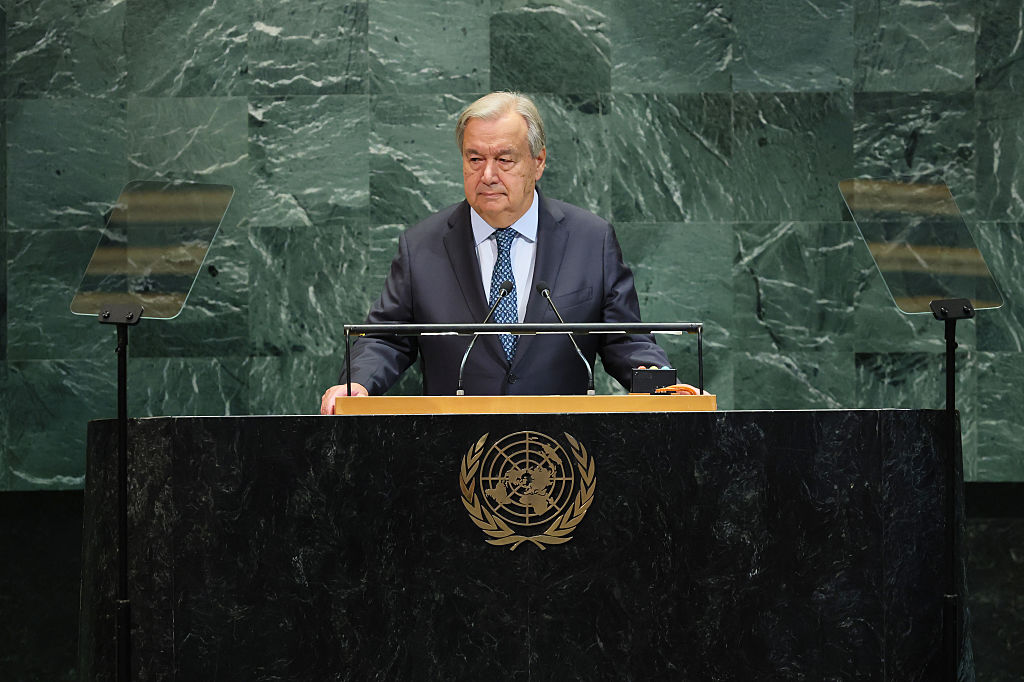






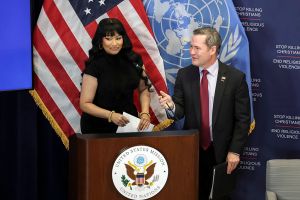
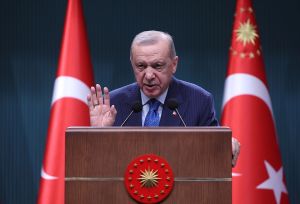

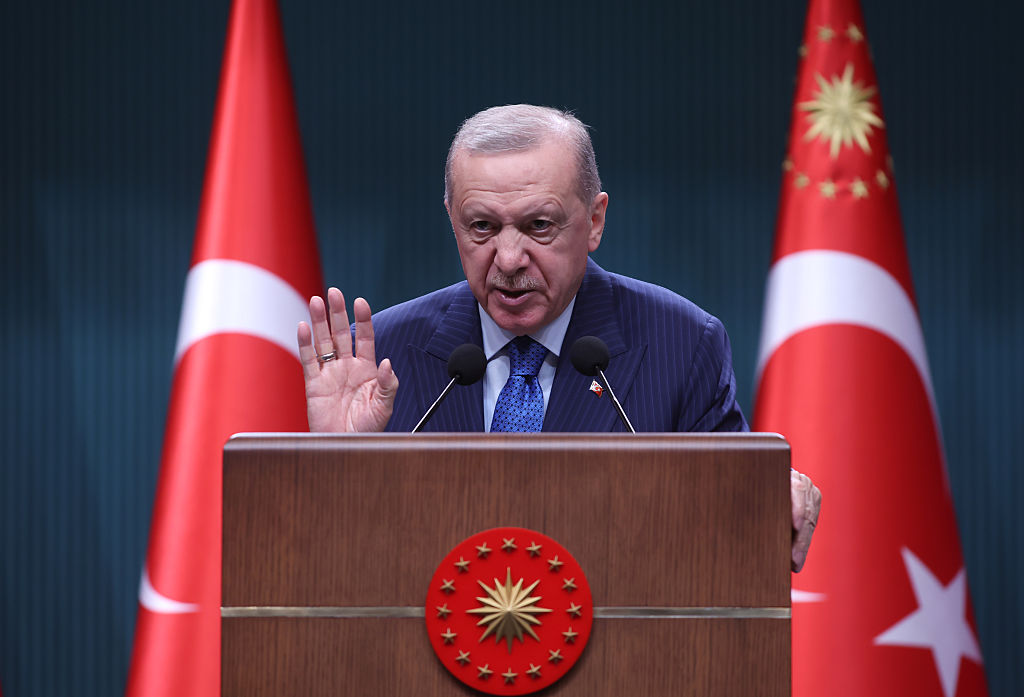

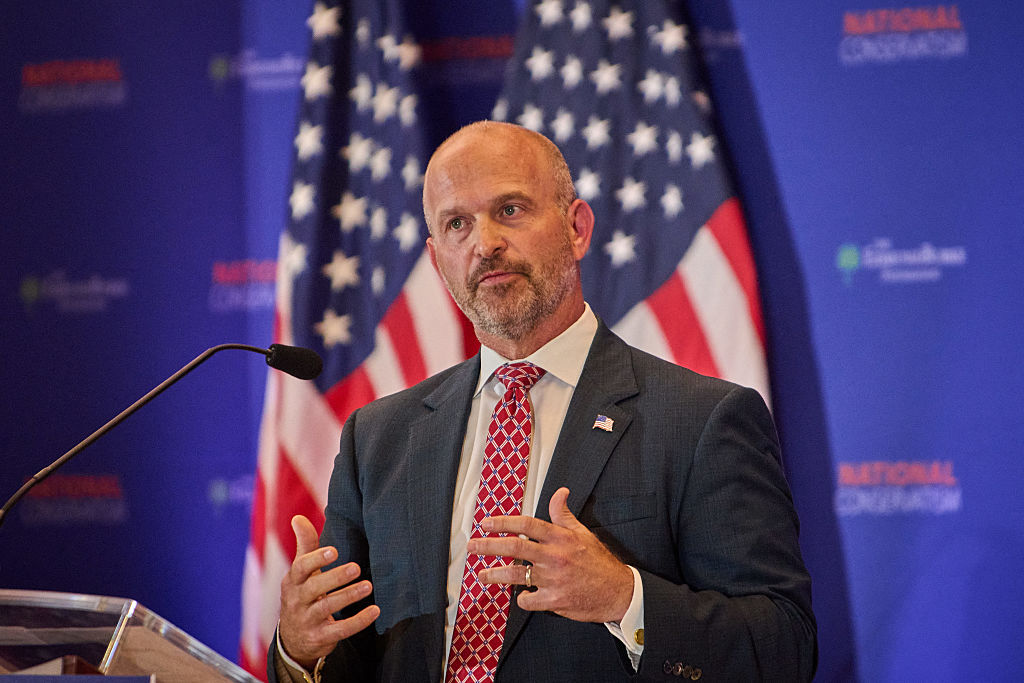
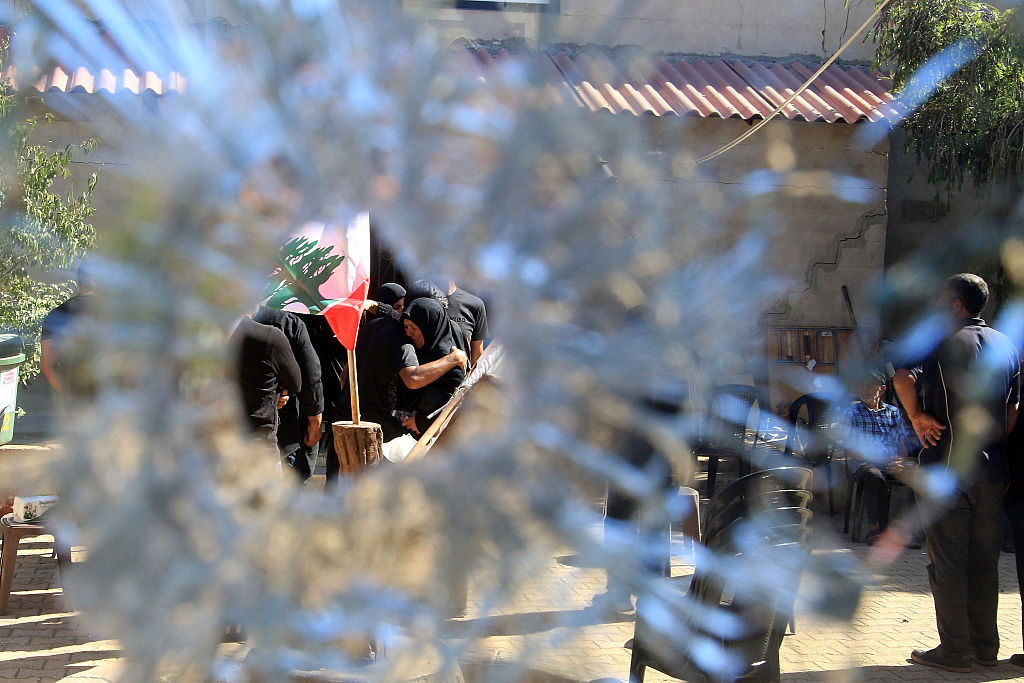
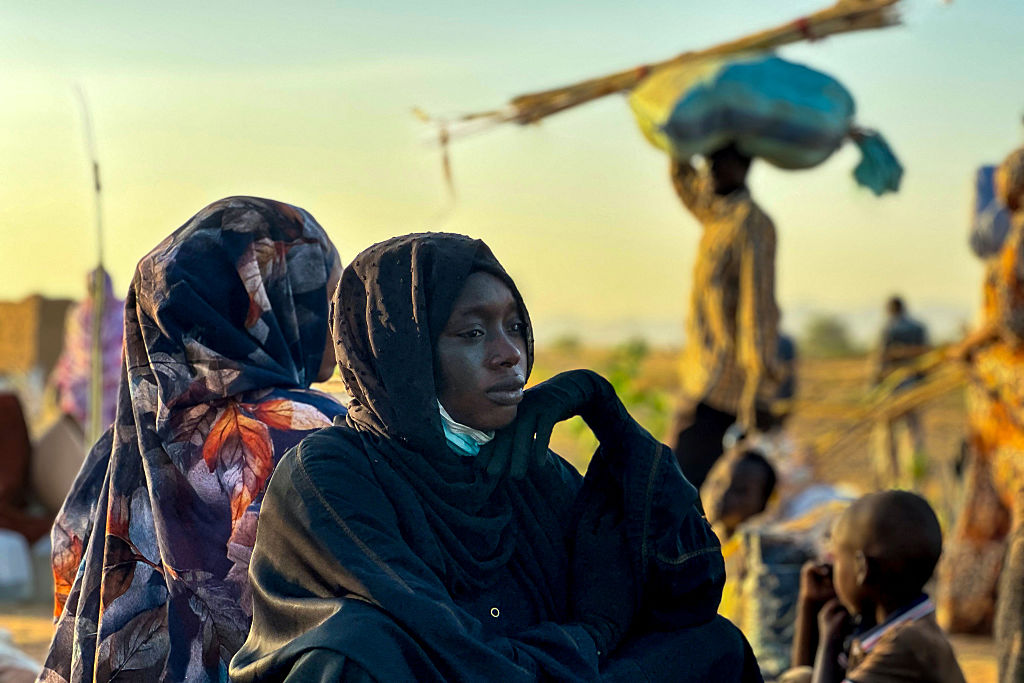
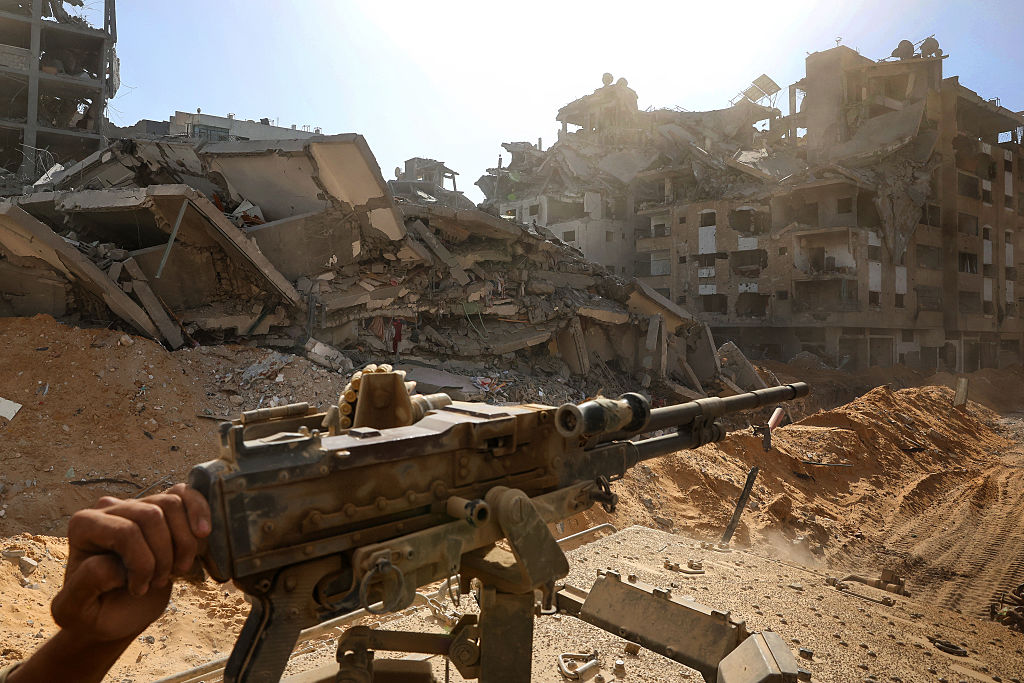







Leave a Reply